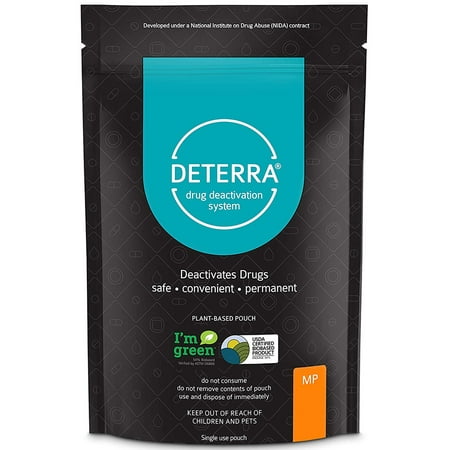6 things you should never throw in the trash – and what to do for safe disposal instead
From batteries to space heaters, experts reveal what not to throw


Design expertise in your inbox – from inspiring decorating ideas and beautiful celebrity homes to practical gardening advice and shopping round-ups.
You are now subscribed
Your newsletter sign-up was successful
Want to add more newsletters?

Twice a week
Homes&Gardens
The ultimate interior design resource from the world's leading experts - discover inspiring decorating ideas, color scheming know-how, garden inspiration and shopping expertise.

Once a week
In The Loop from Next In Design
Members of the Next in Design Circle will receive In the Loop, our weekly email filled with trade news, names to know and spotlight moments. Together we’re building a brighter design future.

Twice a week
Cucina
Whether you’re passionate about hosting exquisite dinners, experimenting with culinary trends, or perfecting your kitchen's design with timeless elegance and innovative functionality, this newsletter is here to inspire
When it comes to decluttering or disposing of household items, it can be tempting to toss everything straight into the trash. However, certain items pose serious environmental and safety risks if not handled properly.
From batteries to space heaters, cleaning and decluttering experts reveal exactly what not to throw in the trash, why, and what to do instead.
So if you've a long list of things it's time to clear out of your house, have peace of mind on how exactly to go about it with our panel of pros.
1. Batteries

Often found in the home office, batteries are among the things you should never throw in the trash.
Karina Toner, operations manager at Spekless Cleaning, says, 'Batteries contain heavy metals like lead, mercury, and cadmium, which can leach into the soil and contaminate groundwater. Many states also have laws prohibiting battery disposal in household trash.
'The Baderke Battery Disposal Container, available from Amazon, offers a convenient way to collect and properly recycle used batteries at home.'
Sherri Papich, professional organizer and CEO of Organize Your Life, says, 'Many retailers, such as Home Depot, Best Buy, and Staples, offer free battery recycling.
'There are also mail-in programs, such as Call2Recycle for rechargeable battery disposal. Alternatively, check with your municipality for designated local hazardous waste drop-off locations.'
Design expertise in your inbox – from inspiring decorating ideas and beautiful celebrity homes to practical gardening advice and shopping round-ups.
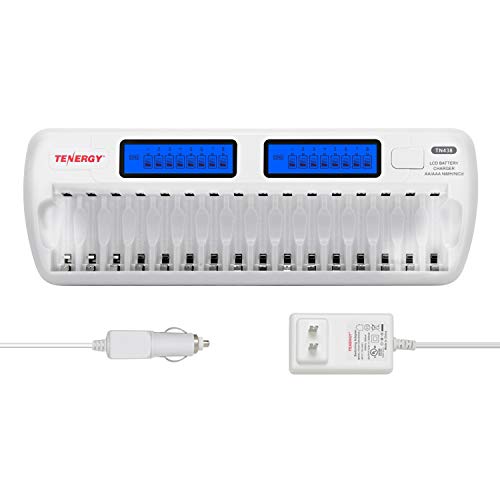
Home organizer Sherri Papich recommends this 16-bay charger, which has an easy-to-read LCD panel to track the status of each battery. She says, 'Instead of constantly disposing of batteries, switch to rechargeable ones. This charger works with AA, AAA, NIMH and NICD rechargeable batteries, reducing waste and saving money.'
2. Cleaning products
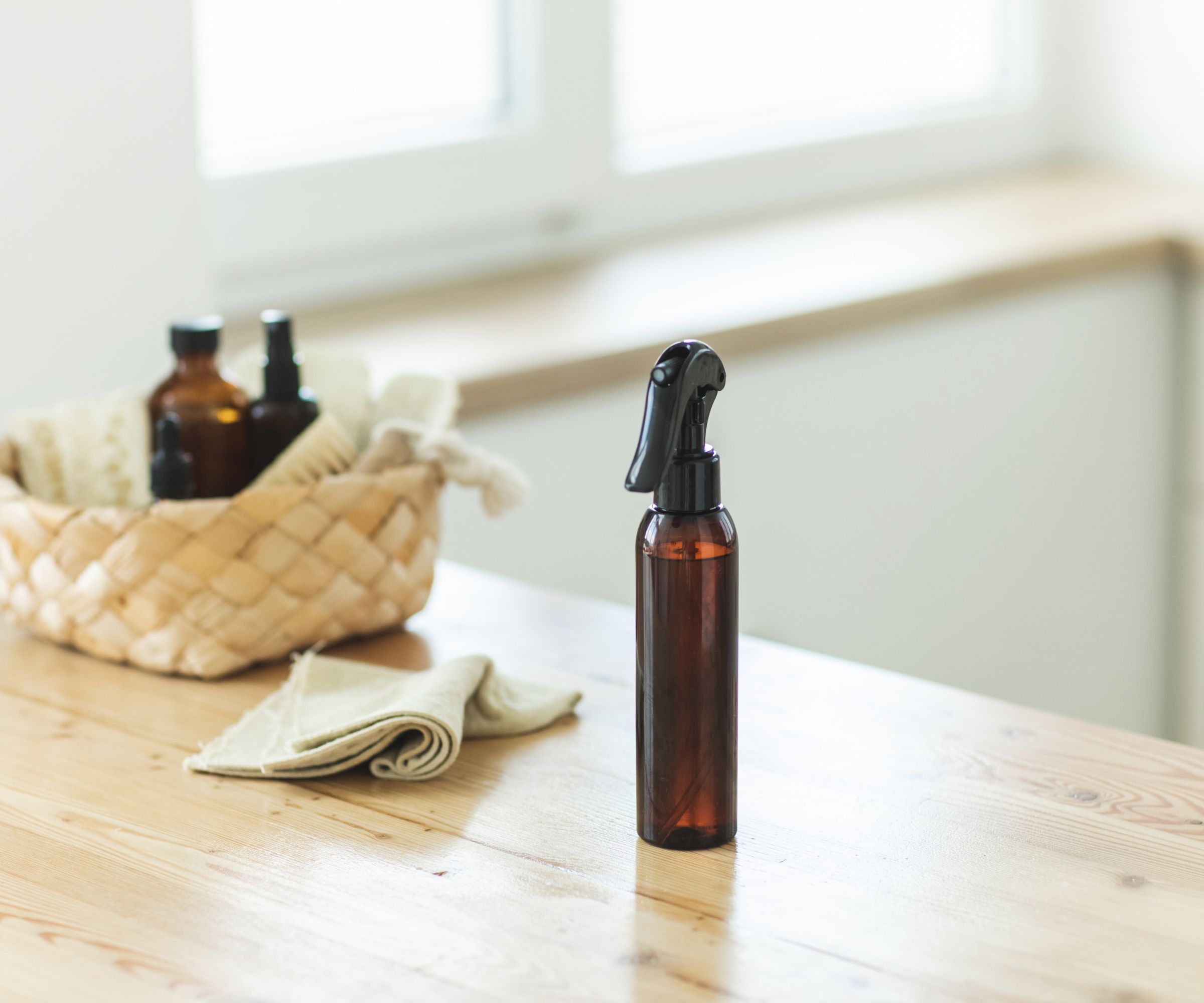
Be careful to avoid throwing cleaning products into the trash, as they may contain hazardous chemicals.
Household cleaning products often contain hazardous chemicals that can pollute water systems and pose health risks if disposed of improperly.
Papich says, 'Many conventional cleaners contain chemicals that can be hazardous to human health and the environment. When thrown in the trash, these chemicals can leak into the soil or emit toxic fumes.
'Many towns have household hazardous waste disposal sites. However, if the product is still usable, donate it to a shelter or community center.'
Shopping for non-toxic cleaning supplies is one great way to reduce plastic use and the need for throwing harsh chemicals away and them ending up in landfill.
Papich adds, 'Longer term, consider switching to eco-friendly cleaners: opt for non-toxic, biodegradable cleaning products such as this Branch Basics Cleaning Essentials Kit, which includes a plant-based, non-toxic concentrate to dilute, reducing plastic waste.'
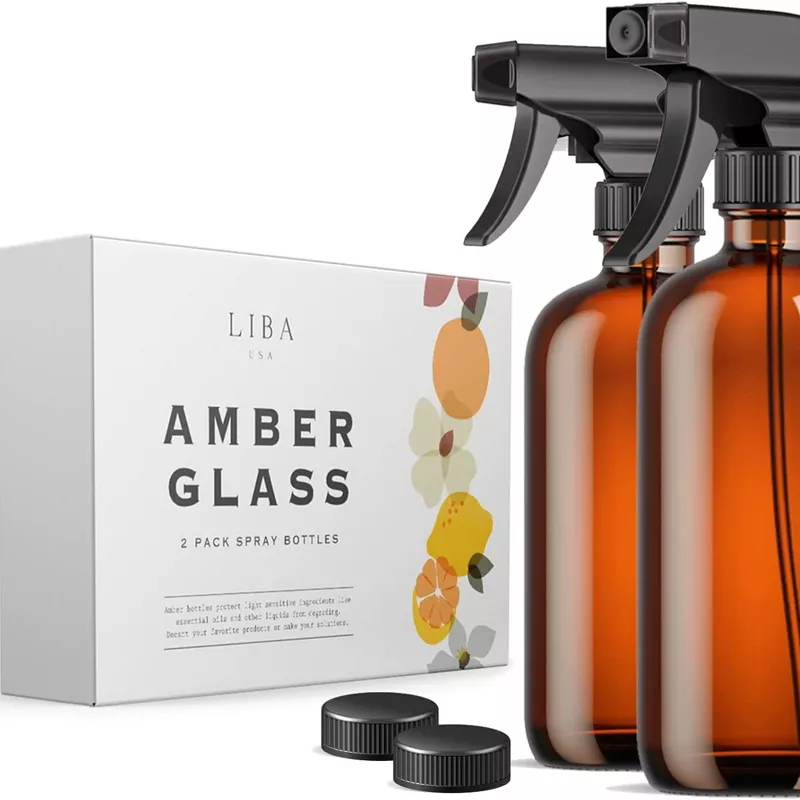
This two-pack of spray bottles is perfect for making up your own cleaning solutions for eco-friendly, sustainable refilling. Each bottle has a 16 oz capacity, an adjustable nozzle for three spray settings, plus the UV-protective amber glass preserves contents for long-term use.
3. Kitchen appliances
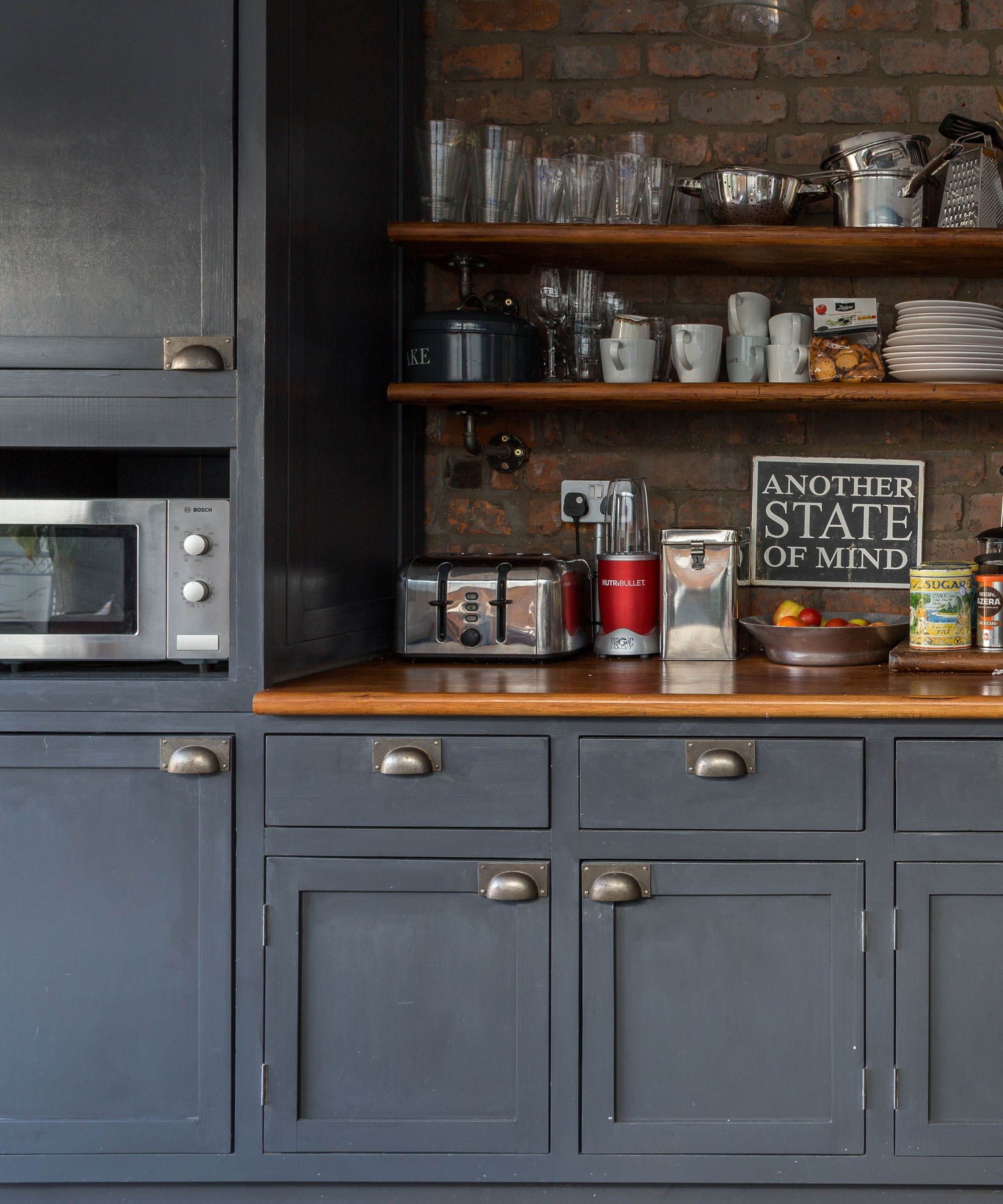
Microwaves are among the kitchen appliances you should never throw in the trash.
Even the best toasters will eventually struggle, whether tripping your circuit breaker or heating the bread unevenly. From old toasters to broken blenders, small kitchen appliances are often tossed without a second thought. However, these items frequently contain metals, plastics, and electronic components that can be recycled.
Many appliance retailers or local recycling centers accept them for proper dismantling and recycling, ensuring their materials are reused instead of ending up in landfills.
Microwaves are among the most common kitchen appliances needing throwing away, but never throw microwaves in the trash as they contain electronic components that can release toxic chemicals.
Muffetta Krueger, founder of Muffetta's Housekeeping, says, 'Check with electronic recycling programs or municipal hazardous waste collection sites. Many waste disposal facilities accept microwaves for safe dismantling. It's also worth trying retailers as some, such as Best Buy, offer appliance recycling services.'
If you're not clued up on the common kitchen items you can and can't microwave, this is a great way to avoid those all-too-common accidents.
Krueger adds, 'Never attempt to disassemble a microwave yourself – its internal capacitor can store lethal electrical charges even when unplugged.'
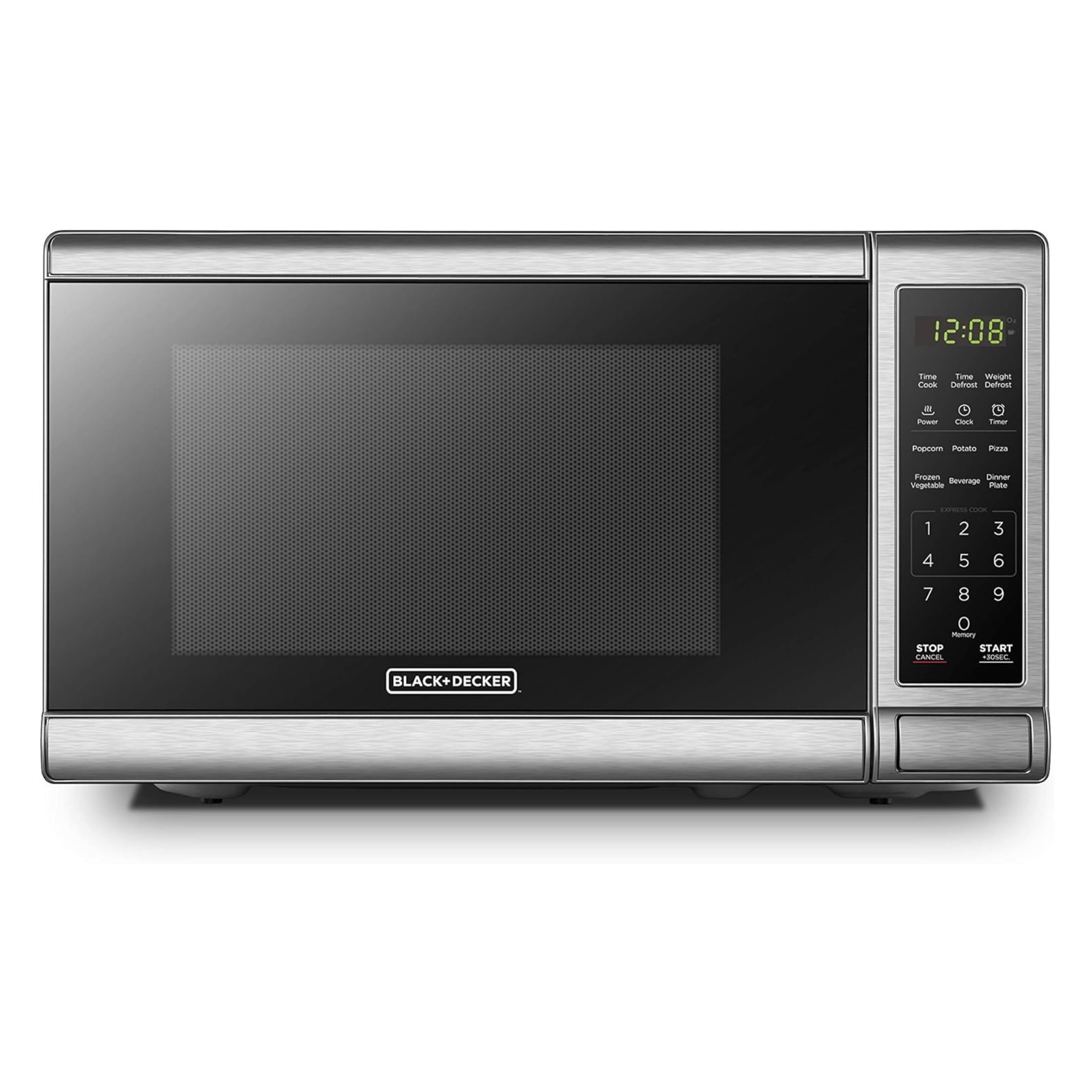
With a large, LED digital display, interior light, 10 power settings, and pre-programmed buttons for popcorn, potatoes, pizza, frozen vegetables, beverages and dinner plates, this handy microwave is efficient and easy to use. It also has a push-button door release for easy access, plus a one-year limited warranty.
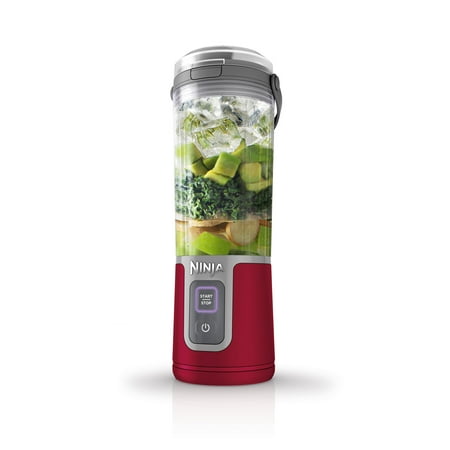
The high-speed 16 oz blender is one of many great kitchen gadgets to shop from Walmart. Perfect for smoothies, protein shakes, and frozen drinks, the one-handed, easy-open sip lid and carrying handle make drinking on the go easier than ever. It also comes in six colors including emerald, black, white, and cranberry.

This sleek, stainless steel toaster has all the bells and whistles you'd want. Extra-wide slots hold a variety of breads and bagels, while its high-lift lever elevates bread for easy retrieval. It has seven shade settings for your perfect crispiness, the removable crumb tray makes cleanup easy, plus an automatic shut-off function provides added peace of mind.
4. Space heaters
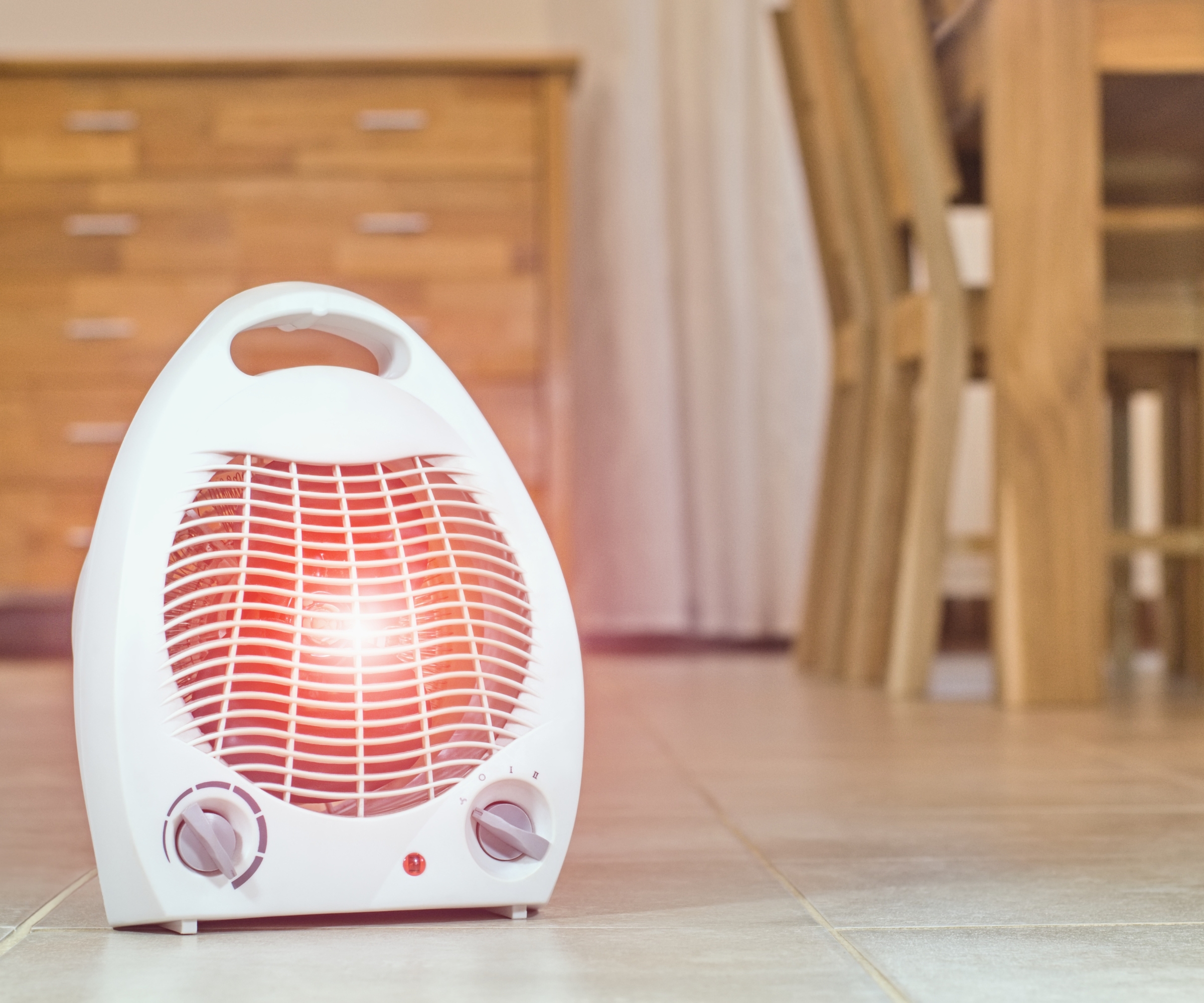
If thrown in the trash, space heaters can leak or cause other issues.
Space heater mistakes are all too common. Whether due to human error, a malfunction, or simply because they're getting old, safe disposal of space heaters is vital, as they can contain electrical components and heating elements that aren't safe for the trash.
Toner says, 'Never throw an old space heater in the trash. Dumping them can lead to leaks that contaminate soil and groundwater. Space heaters often contain electrical wiring, heating elements, and sometimes oil, all of which can be hazardous if mishandled. Some models also contain asbestos insulation.
'If upgrading from a working space heater, consider donating it to a local charity. If it's broken, contact a hazardous waste disposal facility or an e-waste recycling center to handle it safely.'
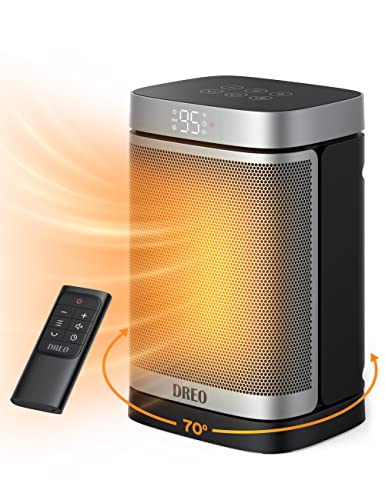
With up to 1500W working power and 70° wide-angle oscillation – as well as overheating and anti-tip protection – this handy space heater is both efficient and safe to use. You can personalize with a digital thermostat, or set to an eco mode that adjusts the heat level automatically to reach your desired temperature while saving more on energy bills.
5. Medications

Avoid throwing expired medicines in the trash.
Expired or unused medications should never be tossed in the trash or flushed down the toilet. Doing so can lead to water contamination and misuse.
Papich says, 'Flushing or throwing away medications can contaminate water systems, harm wildlife, and pose a risk of accidental ingestion by children or pets.
'Many pharmacies, including CVS and Walgreens, have drug take-back programs, with medication disposal kiosks. The DEA also hosts National Prescription Drug Take-Back Days each year.
If there are no take-back options available near you, use an at-home drug disposal kit.'
6. Electronics
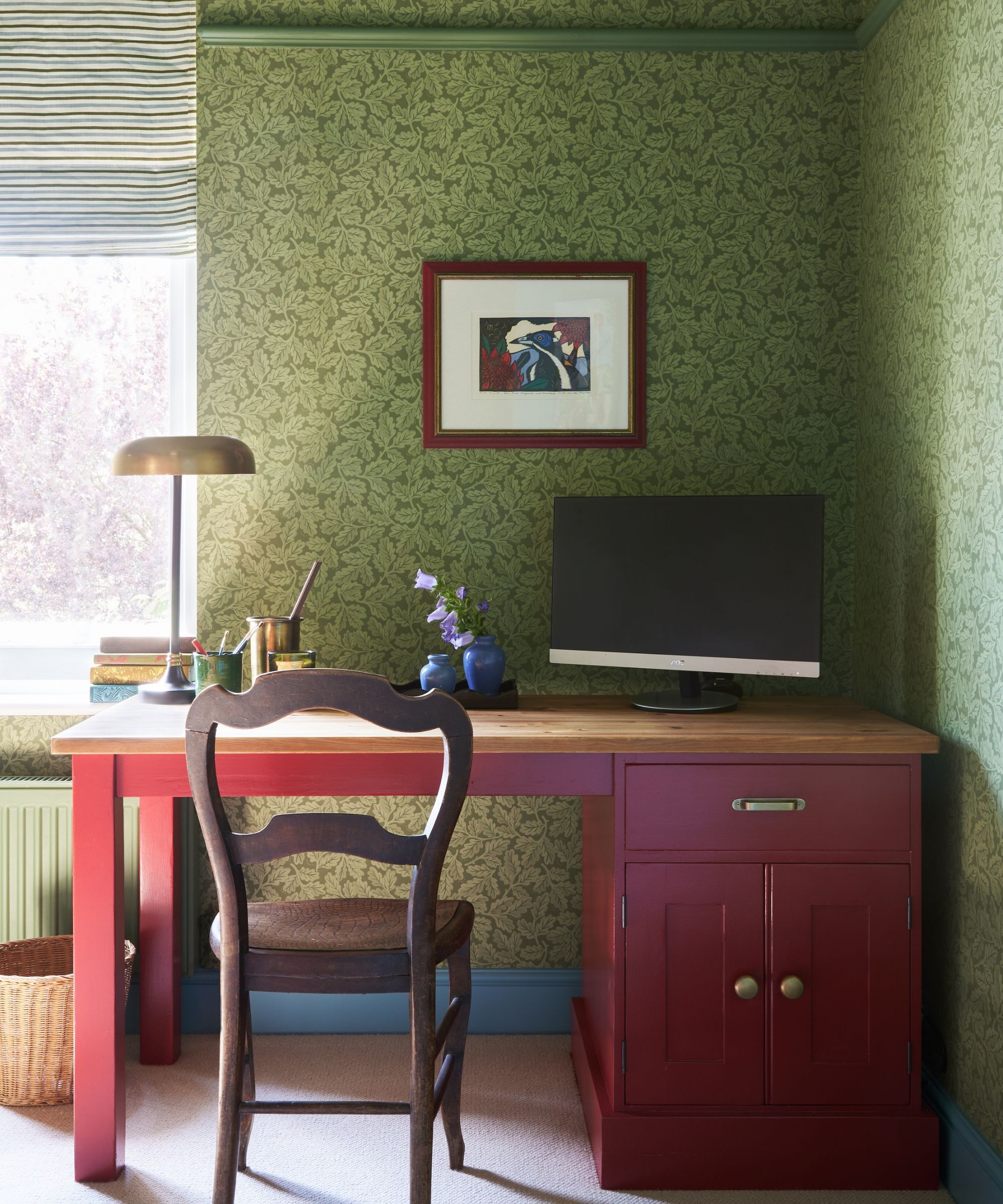
Computers, laptops and other electronics are among the things you should never throw in the trash.
Laptops, smartphones, and other electronics are packed with valuable materials, including metals and plastics, but also contain hazardous substances. Disposing of them in the trash not only wastes resources but also harms the environment.
Toner says, 'Devices contain toxic substances like lead and arsenic, which can contaminate landfills. Many states have e-waste disposal bans.
'Instead, donate working electronics to charities or refurbishing programs. Alternatively, recycle through retailers like Best Buy, Staples, or an e-waste collection event in your area.'
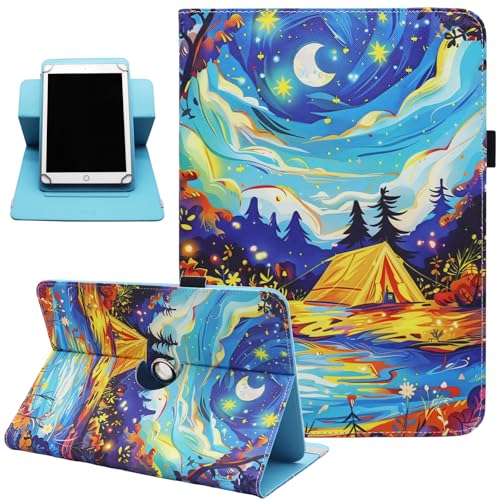
This leather android tablet case adds extra protection from scratches, dirt and grime. Available in more than a dozen designs, it has an elastic band design making it flexible enough to fit all 9.5-10.5 inch tablets. Its 360-degree rotating structure allows for landscape and portrait viewing, plus it has a built-in elastic pencil holder.
Meet the experts

With extensive contributions in Homes & Gardens, Real Homes, The Spruce, and many more, professional cleaner Karina has extensive knowledge of both commercial and residential cleaning. She is operations manager at Spekless Cleaning, which brings the traditional, hard-working maid service into the 21st Century.

Sherri Papich is a professional organizer, productivity expert, and ADHD specialist with a passion for helping individuals and families create functional, clutter-free spaces. As the CEO of Organize Your Life LLC, she works with clients both in-person and virtually to simplify their lives through customized organizing solutions.

With more than 15 years of operational management experience in the industry, Muffetta Krueger is a driving force in the domestic service business, She is the founder of Muffetta’s Housekeeping, which proudly brings order and cleanliness to busy families and individuals.
FAQs
What's the safest way to dispose of broken light bulbs?
Broken light bulbs, especially compact fluorescent (CFL) bulbs, contain small amounts of mercury and should never go in the regular trash. Many hardware stores and recycling centers offer take-back programs specifically for light bulbs. Always place broken bulbs in a sealed container to prevent exposure and take them to an appropriate recycling facility.
Is is ok to recycle electronics in curbside bins?
Most curbside recycling programs don’t accept electronics because they contain hazardous components and require special handling. Placing them in regular recycling bins can contaminate the recycling stream. Instead, use designated e-waste recycling programs or retailer drop-off points that ensure electronics are dismantled and recycled safely.
Why shouldn't I throw paint cans in the trash?
Paint cans, especially those containing oil-based paints, can leak harmful chemicals into the environment if sent to a landfill. Even empty cans may contain residue that poses environmental risks. Many local waste facilities accept leftover paint through household hazardous waste programs, ensuring it’s disposed of or repurposed safely.
So there you have it – six things you should never throw in the trash, and what to do instead. Being mindful about what you throw away goes a long way toward protecting both the environment and your community.
Next, find out the secret to breaking the clutter cycle, and learn the truths no one tells you about decluttering.

With more than a decade of experience writing news, lifestyle, consumer, and human interest articles for a wide range of national and international publications, Andy is a highly-qualified journalist writing features for the national press. From front porch to backyard, attic to basement, Andy has written about every area of the home. He specialises in bringing together the best industry expertise to answer all of your most pressing home and garden questions about seasonal and everyday cleaning, decluttering, organizing and DIY.
